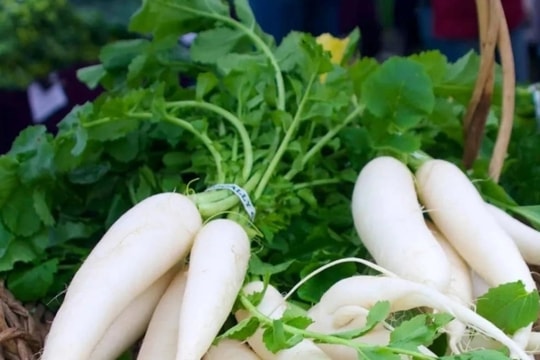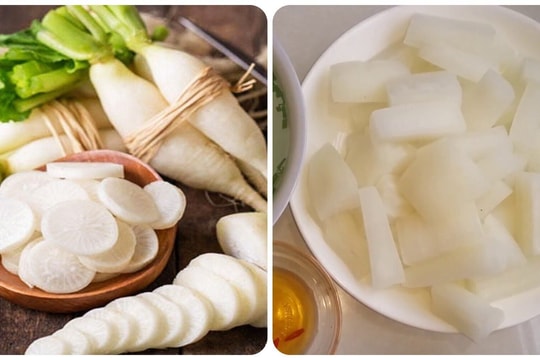3 types of fruit that are good for treating coughs when the weather turns cold
These delicious, cheap, and easy-to-find fruits will help keep our throats healthy and free of coughs during the changing seasons.
The transition from summer to fall is when we welcome the cool and pleasant early autumn winds.
However, few people expect that the first winds of the season can easily become the "culprit" that damages our throats. Therefore, during the change of seasons, everyone needs to pay attention to protecting and taking care of their throats to avoid coughing too much.
Below are 3 types of fruits and vegetables that are effective in protecting the throat and are ranked at the "top" thanks to the criteria of delicious - nutritious - cheap.
Pear
According to Chinese medicine, pears are sweet, cold, and have soft, juicy flesh. This fruit not only has the effect of clearing heat, eliminating phlegm, producing new fluid, and quenching thirst, but also reduces the feeling of dryness in the throat in the dry autumn weather.
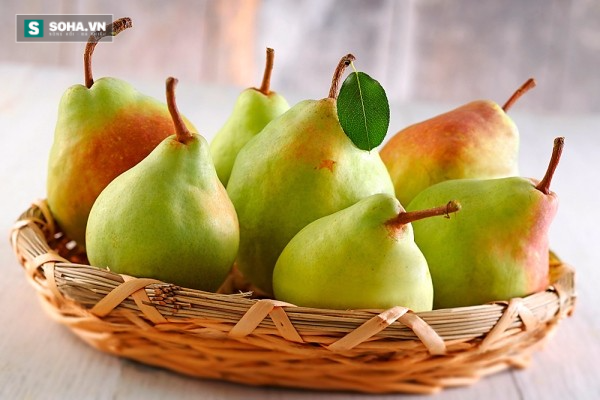 |
| Pears are also a diverse fruit in terms of preparation and enjoyment. |
Pears can be eaten raw or cooked. Those who like to enjoy fresh pears should peel, cut into pieces and eat directly or blend to get the juice.
Besides, this fruit is also used as an ingredient to make "pear jam" (a paste made from pears and honey to cure coughs) or steamed with rock sugar, both of which have the effect of soothing the throat.
However, pears are cold in nature, so people with weak constitution or cold cough should not eat them directly but should steam them. People who are afraid of cold or have weak stomach should limit or best not eat pears.
Teacher's root
Chinese medicine has given the name "snow pear from the ground" to the monk fruit. This tuber has a sweet taste and cold properties, helping to clear the lungs, moisten the throat, eliminate dampness, and eliminate phlegm.
Due to the above properties and uses, the root is also considered a "magic medicine to protect the throat" in the fall. Not stopping there, the root also helps with dry coughs, dry mouth, and sore throat when the weather changes.
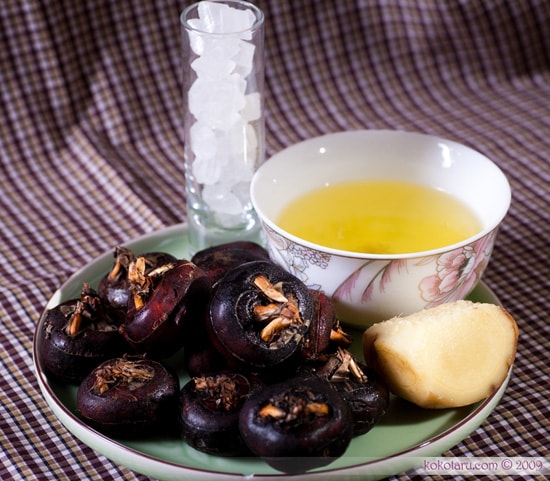 |
| Besides enjoying fresh cassava, users can also process this tuber into delicious dishes by methods such as boiling, baking, stewing, and roasting. |
It should be noted that the code is not easily digestible and is cold in nature. Therefore, people with poor digestive function, children and the elderly should not eat much.
In particular, when eating fresh water spinach, you must remove the skin, because this type of tuber grows in flooded fields, and the skin is very susceptible to parasites or dirt.
White radish
Known as "little ginseng", white radish possesses many miraculous uses.
Traditional Chinese medicine believes that fresh white radish has a spicy, cool taste. When cooked, it has a sweet taste and neutral properties. It has the effect of clearing heat, producing new fluid, replenishing water, promoting urination, reducing phlegm, and relieving coughs. When eaten cooked, it helps to strengthen the spleen, benefit the stomach, digest food, and lower gas...
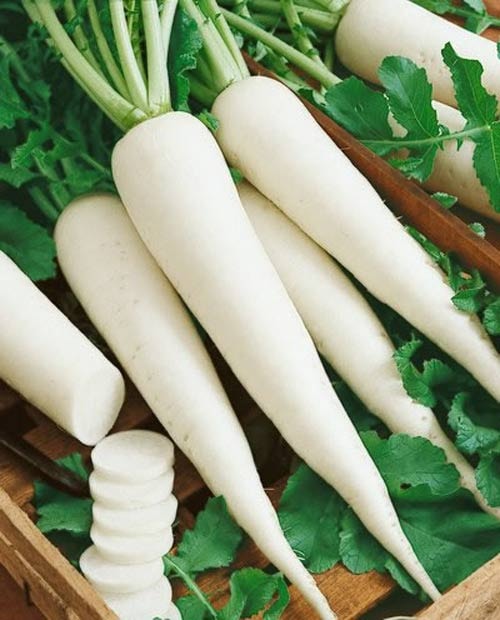 |
| Talking about the benefits of white radish, famous Chinese physician Li Shizhen once commented, "It is the most beneficial vegetable for humans. |
White radish is very popular in autumn, and also helps treat dry cough, cough with phlegm, sore throat, hoarseness...
Although white radish is a "great tonic" root, people with qi deficiency, yang deficiency, and constipation should not eat it to avoid making their condition worse.
According to Young Knowledge
| RELATED NEWS |
|---|

